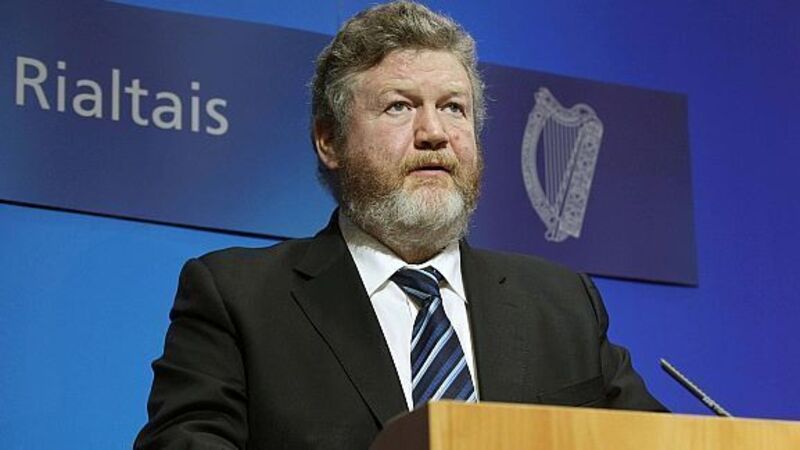‘Universal health insurance will be a win-win for all’ says Reilly

The comments were made at the launch of the complex policy, aimed at overhauling the existing two-tier health system and replacing it with a fairer, single-tier model by 2019.
Under the proposed plan — which in recent weeks has led to internal coalition disputes over whether it is affordable — standard care will cost the same for everyone, regardless of age or health condition.













